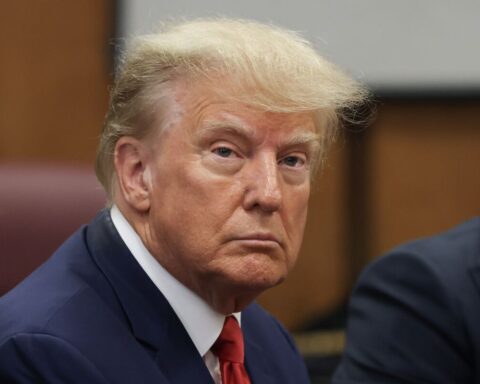Bolivia’s central bank, Banco Central de Bolivia, has reversed its ban on Bitcoin and cryptocurrency payments, now permitting financial entities to conduct transactions using digital assets to modernize its payment system.
This shift aims to help bolster Bolivia’s struggling economy and bring it in line with Latin American crypto regulations.
The change marks the end of a crypto ban that started in 2014. In December 2020, the government had prohibited banking entities from engaging with cryptocurrencies under Board Resolution N°144/2020.
Now, approved regulations allow banks to transact in cryptocurrencies via authorized electronic channels.
However, the central bank emphasized that cryptocurrencies are not considered legal tender.
Therefore, while banks can trade crypto assets, the Bolivian government does not recognize them as legal currency, and businesses are not required to accept them as payment.
Banco Central de Bolivia also plans to launch an awareness program under its Economic and Financial Education Plan.
This initiative aims to educate the public about the potential risks of cryptocurrencies and how to handle them responsibly.
The new regulations were developed in collaboration with the Financial Investigations Unit, the Financial System Supervisory Authority, and the central bank. These three bodies crafted the regulatory update, which took effect on June 26.
The legislation also aligns Bolivia’s crypto regulations with recommendations from the Latin American Financial Action Task Force, positioning Bolivia among other Latin American nations adopting crypto to boost their economies.
Latin America is increasingly embracing Bitcoin.
Over recent years, several countries in the region have faced economic challenges and rising inflation, prompting them to seek alternative solutions.
Cryptocurrencies have emerged as a popular option in this new economic landscape.
El Salvador was the first country in Latin America and the only one globally to adopt Bitcoin as legal tender alongside the US dollar in 2021.
Mexico, while not recognizing cryptocurrency as legal tender, allows it for value transfers and payments and taxes profits from crypto sales on centralized exchanges.
Brazil has also become pro-crypto, introducing income-tax regulations in 2023, with a 15% tax on crypto profits.
Argentina recently elected a pro-Bitcoin president to combat rampant inflation, following El Salvador’s example.
To submit a crypto press release (PR), send an email to sales@cryptointelligence.co.uk.




